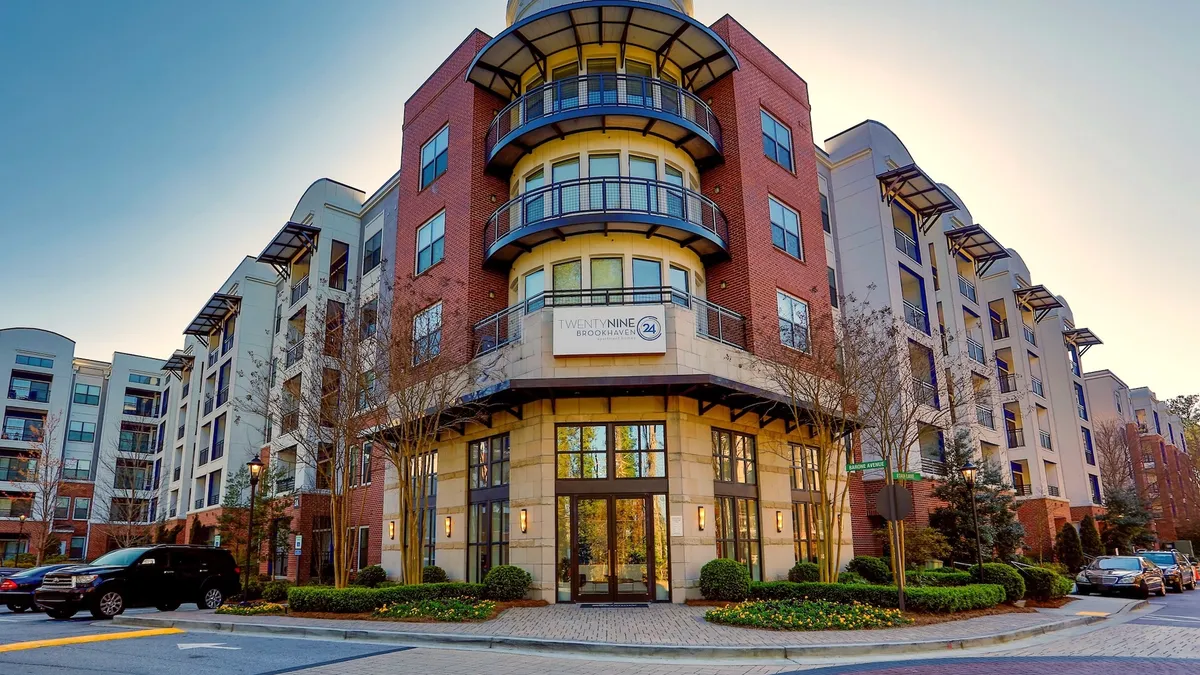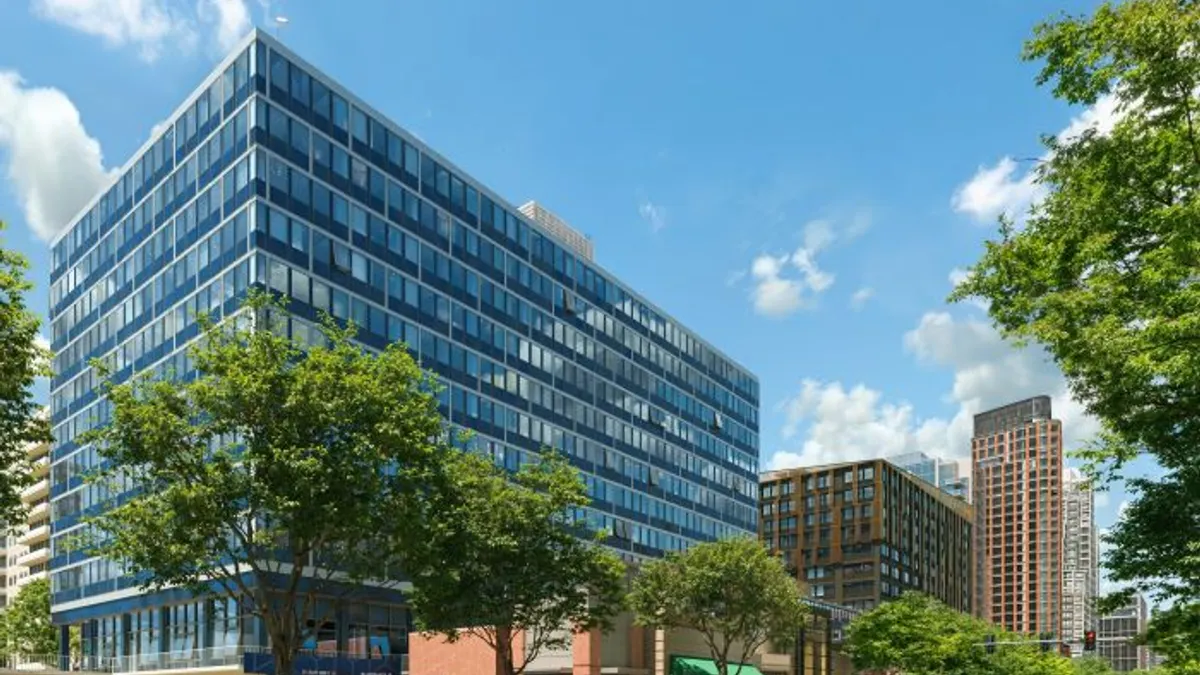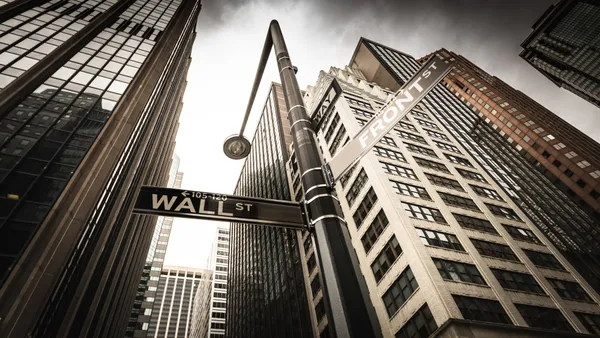Don’t tell CGI+ that the only hot markets in the country are in the Southeast.
While Woodland Hills, California-based CGI+ owns properties in places like Atlanta, it has found a lot of success in its own Southern California backyard. It recently opened The Fedora, a 200-unit, mixed-use property in the heart of Los Angeles’ Koreatown — four miles east of downtown. In just two months, CGI+ has leased 50% of the apartments at The Fedora, which is its third ground-up deal in Koreatown. The company dedicated 10% of units to low-income earners.

Despite the success of The Fedora and CGI+’s other assets, however, Chief Operating Officer Aaron Cohen knows this rental run can’t last forever.
“I don't expect rents to necessarily decrease,” Cohen said. “But I don't expect to see much growth after we’ve had this big wave of growth.”
As rent growth slows and interest rates rise, Cohen sees apartment values taking a hit. Here, he talks with Multifamily Dive about what’s happening in the transaction market, why he thinks values will decline and which borrowers are in trouble.
This interview has been edited for brevity and clarity.
MULTIFAMILY DIVE: What does the transaction market look like right now?
AARON COHEN: Most people are in the holding pattern of still looking at deals and still understanding and underwriting them properly. But they’re obviously building in what is happening with the increase in interest rates.
We expect values to drop between 20% and 30% over the next six months if people want to sell. Interest rates are increasing, making deals not really pencil out. You'd have to agree to lower leverage because the bank won't feel comfortable giving you a high-leverage loan because the debt-service-coverage ratios will not hit their thresholds.
How has the market volatility affected you?
We expected interest rates to increase. We expected some inflation. Do we expect it to increase as much as it has? No, but also, at the same time, we were hedging our bets with some fixed-rate loans. With the floating-rate loans, you have to obviously buy the rate caps. So that might come into play with a deal or two of ours, but it won't affect the deal metrics very much.
Luckily, the rent growth has exceeded our expectations, and we should be OK. Given how we buy the properties from an initial purchase price and price per unit, we could sell today even with a 20% discount.
Will this volatility in the capital markets affect values?
Values have to come down. There were truly unjustified values for a lot of these properties that were selling at under 3% cap rates.
Since interest rates have gone up, the only way that you could justify buying these properties is by having a heavy value-add program and claiming that you could be getting these huge increases in market growth rents. Or values have to come down to make the cap rate follow or somewhat exceed the interest rate. Otherwise, it just doesn't make sense from an investment perspective.
How does this play out for people who bought at inflated prices with floating-rate debt?
We expect that there will be a group of distressed assets that people borrowed and assumed lower interest rates going forward. They will be trying to negotiate with their lenders to figure out a way to get extensions, so they don't face any foreclosure events. We're expecting a group of distressed assets to start popping up because people assumed interest rates that were 1% lower than they are today, if not 1.5% lower.
But other borrowers should be fine?
There are two types of borrowers. Low-leverage borrowers are able to still sustain the property and cover their debt. They're just going to be doing it as a long-term hold. In theory, there will be fewer returns to their investors than they probably anticipated.
Click here to sign up to receive multifamily and apartment news like this article in your inbox every weekday.









